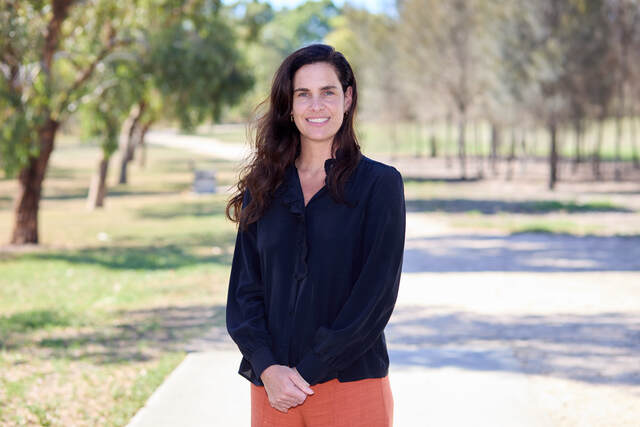Eleven new schools for students in outer growth areas will be announced as part of Tuesday’s state budget, under a public-private-partnership that experts warn could be “politically successful but financially dubious” for the Napthine Government.
With Victoria’s population booming, the Coalition will invest $191 million to build the schools in the suburbs of Cranbourne, South Morang, Epping North, Pakenham, and Clyde North, as well as a handful of regional towns.
Under the policy, the private sector will be asked to build and co-manage the new public schools, a move that Treasurer Michael O’Brien says will allow principals “to focus on being educators, rather than being janitors and maintenance people”.
“So much of the day-to-day workload of our principals is tied up with asset maintenance, and the benefit of the PPP (public-private-partnership) is that it puts the obligation to deliver those on the operators,” Mr O’Brien said.
But while principals have welcomed the funding boost, others have questioned whether delivering education facilities with the private sector’s help will actually provide taxpayers with value for money.
“Unless PPPs are totally transparent, you really don’t know what the deal has been,” said Monash Centre for Regulatory Studies professor Graeme Hodge, who has spent years studying the system in Australia and overseas.
“My judgment of Victoria’s version of PPPs is that they’re politically successful but financially dubious.”
In a broad ranging interview ahead of Tuesday’s budget, Mr O’Brien also:
did not rule out future privatisation of the Snowy Hydro, saying that while the government had no plans to sell any of its “iconic infrastructure”, it was worth discussing “whether there’s opportunities around that business” in years to come.
warned that federal money for national partnerships in health and early childhood could soon run out, and Victoria would not be able to make up for the shortfalls.
denied that focusing so heavily on the East West Link after last year’s budget was miscalculated, because “the fact is, the East West Link was ready to go sooner than any other major transport announcement was.”
confirmed the government would provide more money for the Melbourne metro rail project, but suggested the underground cross-city tunnel may be realigned to avoid wide scale disruption in the CBD.
Using private sector investment to build public schools was initially trialled under the former Brumby Labor government, which built 12 schools on 11 different sites, including Cranbourne East Secondary College, Derrimut Primary School, and Point Cook Prep-Year 9 College.
Under Labor’s system, a private consortium – Axiom Education Victoria – maintains and manages the buildings over a 26-year contract, while the government repays the costs in quarterly instalments.
The Coalition will expand on that model, with new schools including Cranbourne South West Primary School, Heather Grove Primary School, Pakenham South West Primary School, Mill Park Lakes East Primary School and Epping North Primary School.
Another six regional schools will be announced in coming days.
The government’s pledge comes at a critical time in education, with principals warning that many classrooms are already so full that relocated portables are being used to accommodate students.
“We’re already about two years behind in some areas,” said Victorian Principals Association president Gabrielle Leigh.







